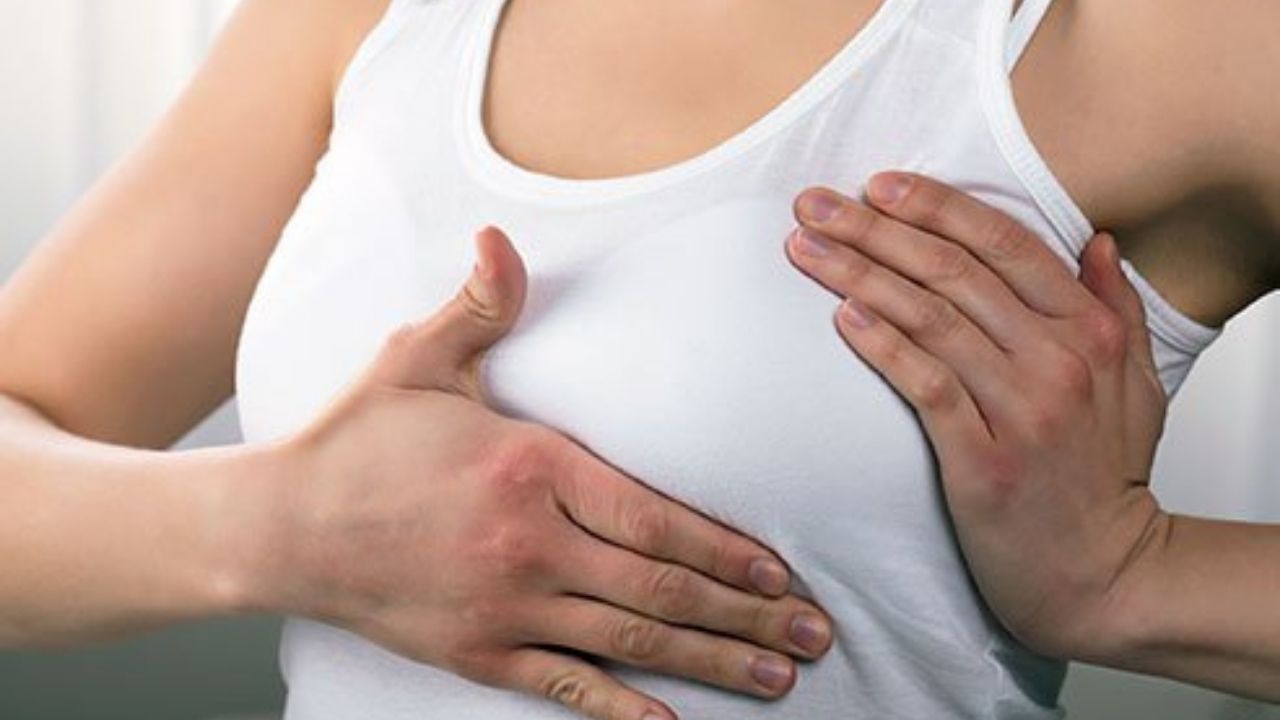CHANDIGARH
Breast cancer is a type of cancer that begins in one or both breasts and spreads to other parts of the body when cells proliferate uncontrollably. Men are not immune to the illness, even though it primarily affects women.
According to medical experts, older women, personal history of breast cancer, inherited risk of breast cancer, dense breast tissue, reproductive history resulting in greater oestrogen exposure, hormone therapy for menopause symptoms, radiation therapy to the breast or chest, obesity, and alcohol consumption are all factors that may increase the risk of breast cancer.
Here are a few behaviours that may raise your chances of having breast cancer.
Eating junk food: If you eat a lot of comfort food and live a mostly sedentary lifestyle, you may gain weight, become obese, and raise your risk of breast cancer. Maintaining a healthy BMI, on the other hand, significantly lowers your cancer risk. Now is the time to put an end to your binge eating.
Not exercising: If you are too lazy to exercise and look for excuses to stay glued to your desk, you are making a mistake that may raise your risk of breast cancer. Working out is essential for maintaining a healthy weight and reducing the risk of breast cancer. Aim for 150 minutes of moderate aerobic activity or 75 minutes of vigorous aerobic activity per week for most healthy adults, as well as strength training at least twice a week.
Drinking alcohol: While you may believe that drinking alcohol reduces stress, it really increases your risk of developing a variety of lifestyle diseases. It also raises the chances of developing breast cancer. The danger level rises as the amount of alcohol drunk rises.
Smoking: According to studies, women who smoke or have smoked in the past are more likely to get breast cancer than those who do not or have never smoked. After being diagnosed with breast cancer, smoking increases your chances of dying from it.
Chemical exposure: Personal care products and cosmetics are full of chemicals, and using too many of them can expose you to a variety of toxins that can disrupt your natural endocrine system, increasing your risk of breast cancer. Avoid chemicals in furniture, food packaging plastics, and construction materials, among other things.
Conceive after the age of 35: Women who conceive after 35 years of age, as well as those who do not conceive at all, are subjected to continual oestrogen hormone. They have a high breast cancer risk. Young women must be taught how to conceive before the age of 35.
Avoiding breastfeeding: While a woman is breastfeeding, her oestrogen levels may remain low. Breastfeeding mothers had a 4.3% reduced risk of breast cancer than women who have had children.

 हिंदी
हिंदी






